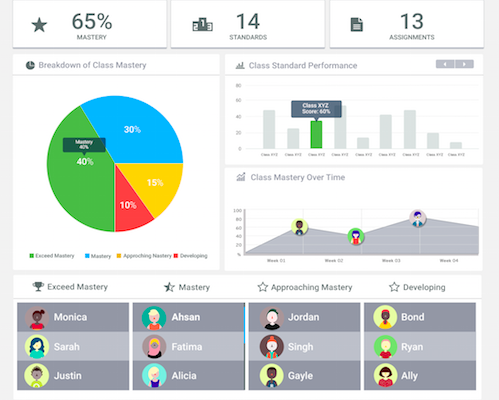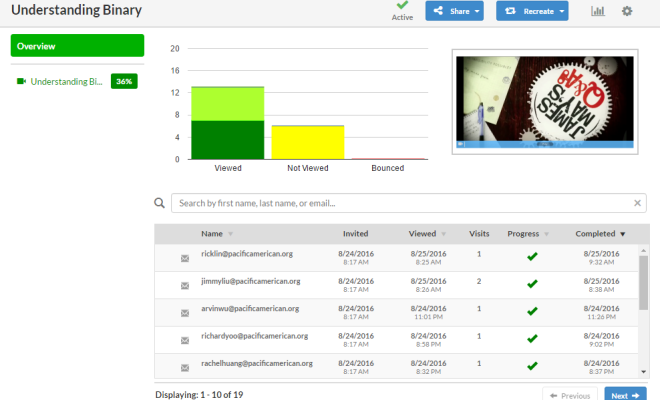How to Protect Your University from Malware

When university computer systems suffer a malware attack, it is a nightmare. In addition to slowing down the entire campus’s internet services, malware can steal personal information and create data breaches campus-wide.
Unfortunately, cybercriminals are well aware of the possibilities for data retrieval on college campuses. As Sue Marquette Poremba explains, “Not only does the university store the personal information and medical records of 70,000 students and 20,000 faculty members and other staffers, but it also has financial data for sports and theater season-ticket holders […] Then there is all of the intellectual property generated by professors, graduate students and other research professionals.”
For these reasons and more, universities must protect themselves from malware and other internet security attacks. Let’s look at some ways universities can avoid data breaches and other cyber headaches.
What is Malware?
Malware is malicious software that is designed to retrieve information from computer users or cause damage to the computer system. Malware consists of adware, spyware, viruses, keyloggers, ransomware, botnets, and more. Some malware is sophisticated codes, while others are phishing attempts that prey on vulnerable, unsuspecting email users.
Plan for Security
First things first, universities should plan for security. This means having a top-notch IT department that carefully monitors the university’s network and plans for the best security possible. This means having security protocols in place before events occurred and making sure
Purchase Educational Security Solutions
There are several educational companies that provide security solutions for schools and universities. These companies protect against security threats (such as malware detection software), as well as emergency management technology.
Use Antivirus Software
All schools should use up-to-date antivirus software that regularly updates, and they should provide access to the entire campus community. This means providing the software to each student and professor who utilizes the university’s network.
Utilize the Cloud
Universities should take advantage of the cloud-based anti-virus software programs. Also, the university should do as much work in the cloud as possible. This will ensure that should information be lost during potential security breaches that the most important information will still be accessible via a cloud service.
Encourage Staff and Students to Have Strong Passwords
The stronger the password, the harder it is to hack. Therefore, encourage all staff and students using the university network to have a unique login and a strong password. Establish guidelines for strong passwords.
In Conclusion
To protect the university’s campus network, students and staff must understand their role. On that account, you must teach your staff and students about digital responsibility. Provide information about how to protect their personal computers and devices from malware and other security threats.






